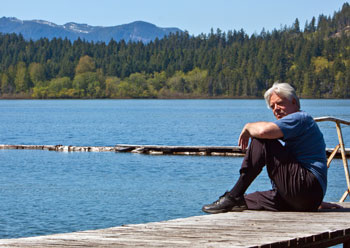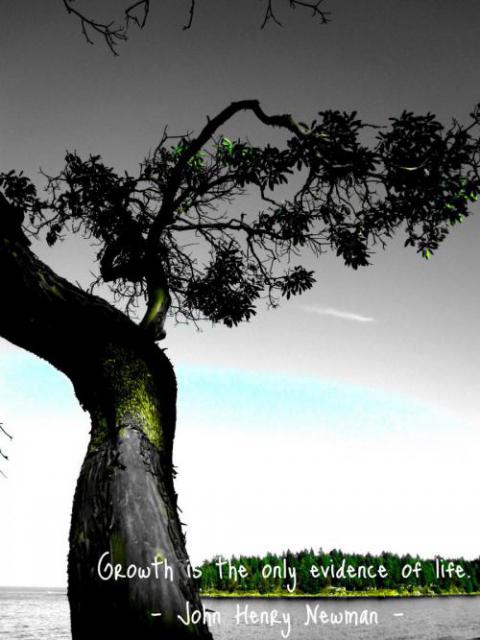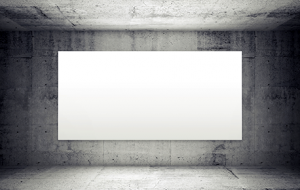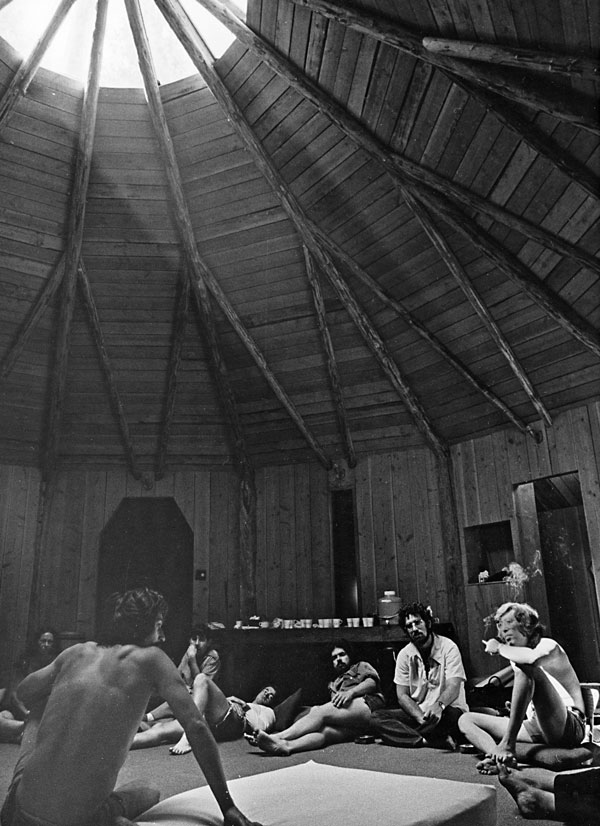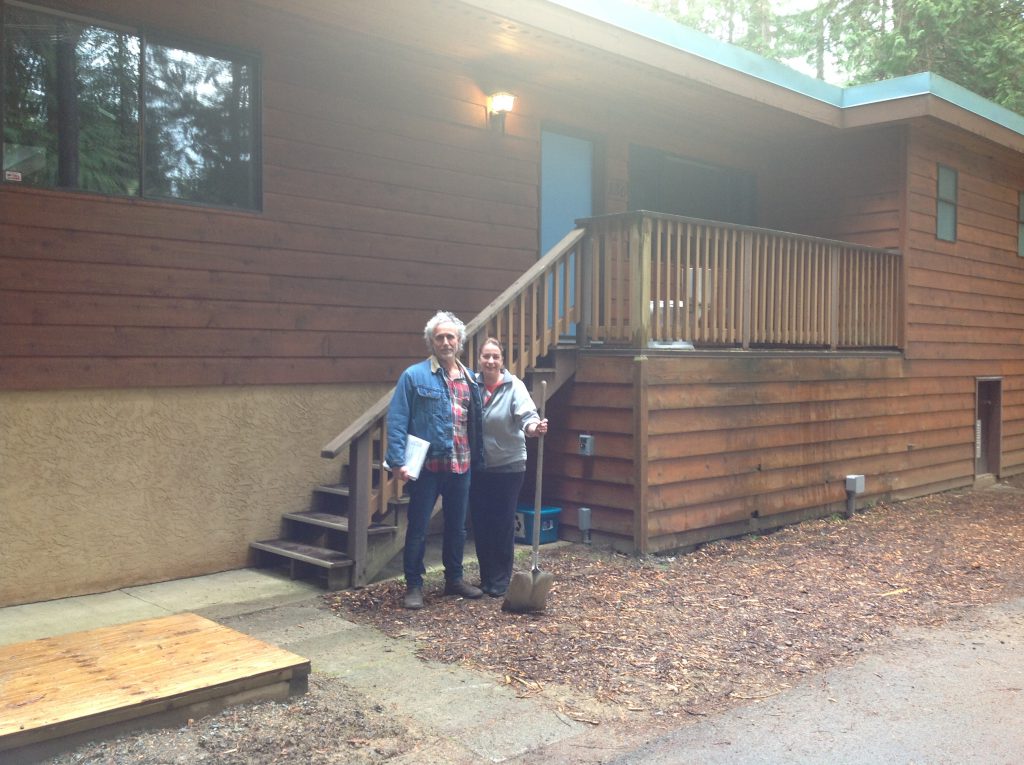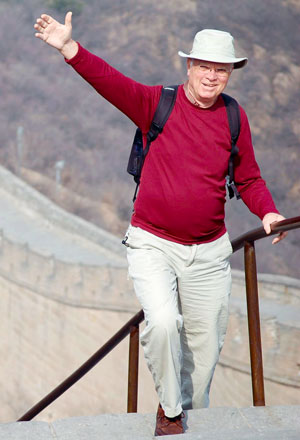The Solitary Life of the Writer
“Freely chosen solitude is an immense blessing.”
By Ellery Littleton. Ellery will be offering three programs at The Haven in 2013, The Spirit Journal (May 24-26), The Survival Kit (July 5-7, with Mary Helen Littleton) and From Memory to Memoir (Nov. 1-3).
It has often been observed that the writer’s life, of necessity, is a solitary journey. At least, in part. It’s not possible to write deeply or for frequent extended periods of time with other people around. Except in a writing workshop, where everyone is writing at the same time.
The great Australian writer and art critic Robert Hughes wrote in his memoir “Things I Didn’t Know” (Random House, 2006) that without the ability to be alone, “no writer can really survive or work.” He went on to say “there is a strong relationship between the activity of the solitary fisherman, letting his line down into unknown depths in the hope of catching an unseen prey, and that of the writer trolling his memory and reflections for unexpected moments of awareness and association.”
“Freely chosen solitude is an immense blessing,” Hughes observes. “It is, beyond question, one of the world’s great gifts and an indispensable aid to creativity.” He suggests that because our culture puts such enormous emphasis on social interaction, solitude is becoming more and more challenging for individuals to experience, and is often confused with loneliness.
Solitude may be a greater and more benign motor of creativity in adult life than any number of family relations, love affairs, group identifications, or friendships, Hughes comments. “Inside every writer, an only child is wildly signaling to be let out.”
In writing workshops at The Haven over the years, I have frequently experienced groups of people all simultaneously writing – quietly, thoughtfully, immersed in memory and imagination, inside their own psychological cone of privacy. In a room full of people, everyone is momentarily alone, and it is from this private solitary space that the richest personal writing comes.
Then the workshop ends, and people go home. The rather magical process of writing in a group – which provides a kind of potent collective energy, along with the phenomenon of brief periods of intense privacy – is over and one is once again alone with pen and paper, or computer keyboard. It becomes clear that if one is going to produce any kind of consistent, reflective writing, it is going to have to be done alone. And that is one of the reasons why so many people choose not to do it. It feels lonely; or so they imagine, until they have done it for a while.
The majority of people who attempt to keep a journal – a personal, reflective, self-analytical journal – don’t sustain it for very long. There are exceptions, of course – individuals who have established a lasting intimate working relationship with their journals. The fact is, though, that most of the time, despite the best intentions, it just doesn’t happen. Along with the aversion to solitude, a surprising number of otherwise talented, successful individuals don’t think they can write very well and are reluctant to incur the wrath of their inner judge or critic whose role it is to discourage creativity in general and writing in particular.
Certainly, our culture has made people feel harshly, negatively judgmental of their efforts to write personally meaningful material. Old memories of being criticized, judged, graded, and threatened with failure have turned generations of intelligent people away from writing anything other than e-mails and Christmas cards.
In my writing workshops, there is no judging, grading or criticism of any kind. Each person’s writing is received as an offering to the rest of the group, with thanks and appreciation. I know from experience that everyone can write eloquently; all it takes is to (a) write the truth (your truth) and (b) do so with feeling. If you can do that, you will write eloquently. And without having to worry about it!
As an integral part of each journaling program, there are periods of reflective solitude when the writing takes place. And with each of these periods comes a growing awareness of the nourishing aspect of this approach to writing, and an opportunity to commune with what Ira Progoff (the godfather of the contemporary journal) called “the person within the person” – that wise inner aspect of yourself who has the potential to be the best counselor, companion and spiritual advisor you will ever have.
My hope is that after an intensive journaling program, people will carry enough energy and motivation home with them to continue writing for a long time – maybe for a lifetime. The intensive journal is clearly one of the most effective self-counseling, self-analytical tools every devised. There is no right way to write it; we all approach it differently. And we all have to accept that if we are going to follow this path, it will be a solitary journey. Except, of course, for the steadfast companionship of yourself, who speaks to you from the heart on the pages of your journal.

